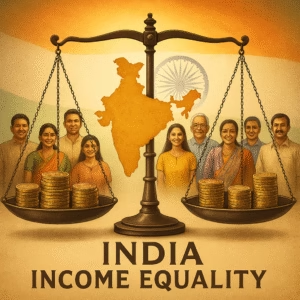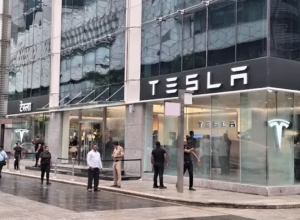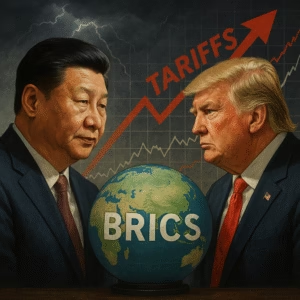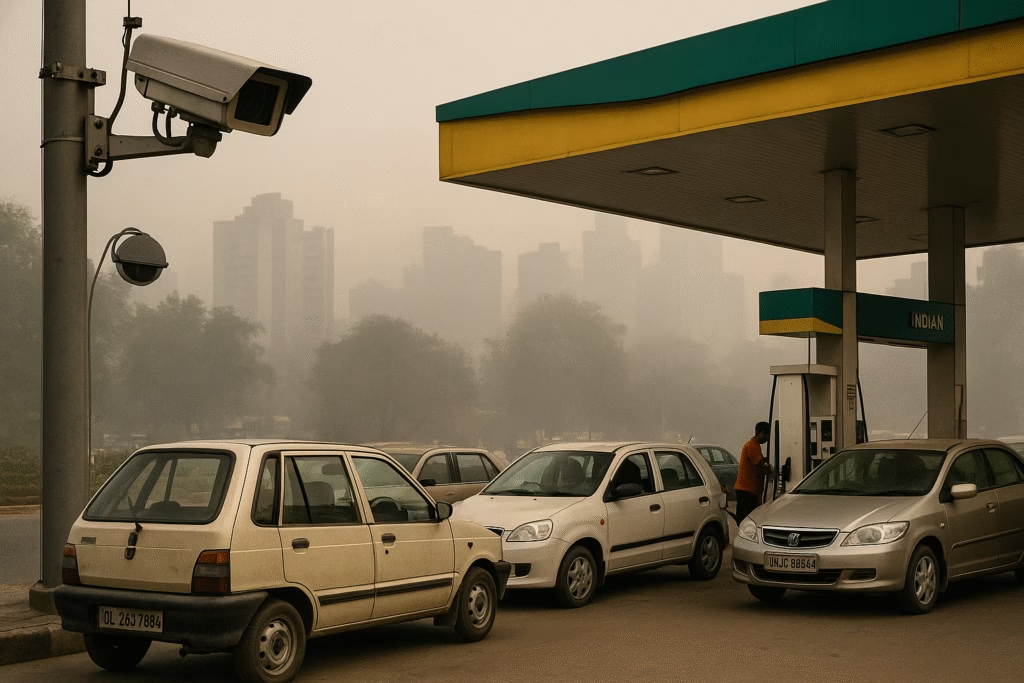
Delhi's fuel ban
Delhi’s Fuel Ban on Old Vehicles Delayed: Why the Government Hit Pause
Delhi’s vehicle-age based fuel restriction plan stalls amid ANPR issues, fairness concerns, and legal uncertainty.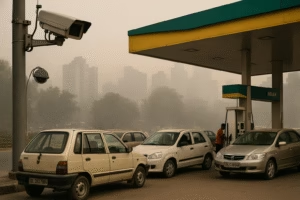
🚫 What Is the Fuel Ban All About?
The Delhi fuel ban was introduced under Direction No. 89 issued by the Commission for Air Quality Management (CAQM), intended to prohibit petrol pumps in Delhi from refueling vehicles classified as End-of-Life Vehicles (ELVs). This includes:- Diesel vehicles older than 10 years
- Petrol and CNG vehicles older than 15 years
📢 Why the Delhi’s Fuel Ban Was Put on Hold
On July 3, Delhi’s Environment Minister Manjinder Singh Sirsa formally wrote to CAQM asking them to pause the Delhi’s fuel ban, citing serious operational and legal flaws:- ANPR Infrastructure Not Ready: Many areas in Delhi still lack functional ANPR cameras.
- No Integration with Neighboring States: Vehicles refuel freely in nearby regions like Noida and Gurugram.
- Lack of Awareness: Several motorists were unaware their vehicles had become ELVs.
- Legal Confusion: Petrol dealers filed a petition in Delhi High Court questioning their role in enforcement.
💬 Public Reaction and Online Backlash
The Delhi fuel ban drew massive attention and sparked outrage on social media. Citizens and auto users questioned the logic of banning vehicles solely based on age rather than actual emissions performance.“So a well-maintained 15-year-old Honda City with valid PUC can’t refuel but a smoking truck can? Insanity.” — Twitter user @EcoMotoristMany called the policy unfair to middle-class users who depend on older vehicles for daily commuting, especially when there’s no financial incentive or scrappage support provided.
📊 Pros and Cons of the Ban
| Pros | Cons |
|---|---|
| Helps reduce high-emission older vehicles | Penalizes users with functional, low-emission vehicles |
| Encourages adoption of cleaner fuel vehicles | Technical issues with ANPR compromise fairness |
| Supports Delhi’s air quality improvement goals | Creates legal ambiguity for fuel pump operators |
⚖️ Court Case and Future Path
The Delhi Petrol Dealers Association has moved the High Court against the CAQM directive. The case is scheduled for a hearing in September 2025. Until then:- No fines will be levied on old vehicles at pumps
- No impoundment or scrapping orders will be enforced
- ANPR installation continues, but data-sharing with NCR states remains unresolved
🌍 The Broader Issue of Air Quality
Delhi’s pollution stems from multiple sources—vehicular emissions, construction dust, industrial discharge, and crop burning. While vehicle bans can help, experts say a multi-source approach is needed. This includes:- Better public transport and EV infrastructure
- Real-time emission testing, not just age limits
- Incentivized scrappage and buyback policies
- Regional enforcement across all NCR districts
🔧 Policy Needs a Tech-First Approach
The recent pause has underscored the urgent need for Delhi’s environmental policies to be rooted in technological preparedness. Without a fully operational and accurately calibrated ANPR infrastructure, implementation risks being selective, flawed, and prone to legal challenges. Policymakers must prioritize digital readiness, data integration across NCR states, and citizen-facing platforms that can inform vehicle owners of their ELV status in real time. A policy built on partial infrastructure risks eroding public trust and could derail future climate-focused reforms in the capital.✅ Conclusion
The Delhi government’s decision to put the Delhi fuel ban on hold reveals the complexity of balancing environmental goals with public infrastructure and fairness. As technology and policy catch up, Delhi must now aim for a cleaner future with better coordination, smarter enforcement, and more citizen-friendly reforms. Stay tuned to TrendyIndiaNews.com for updates on this and other breaking stories from Delhi.About The Author
Discover more from Trendy India News
Subscribe to get the latest posts sent to your email.

